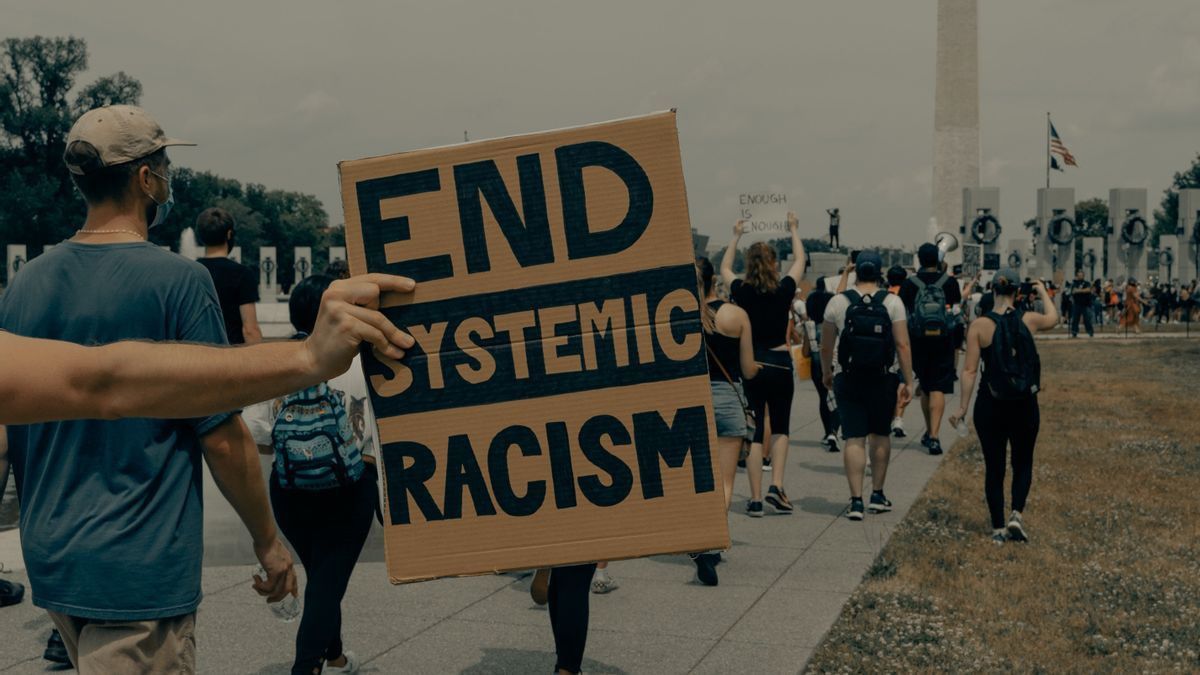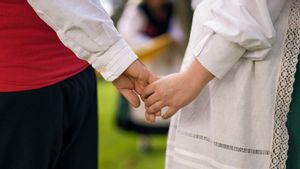JAKARTA – The issue of discrimination due to cultural diversity still seems to be a serious problem in Australia.
Based on the results of a survey conducted by labor company Indeed on workplace diversity in Australia involving 2,060 respondents from the working age group, there is a gap between workers from minority groups (immigrants) and workers who are Indigenous Australians.
According to the survey, 84 per cent of Australian workers recognise the importance of multi-cultural and inclusion in the workplace. However, only 60 percent of its workplaces are diverse.
In addition, 81 per cent of Australian workers believe workers from different ethnic or cultural backgrounds are treated equally in the workplace.
In fact, however, only 73 percent of workers from minority groups have that view. And 62 percent of workers from minority backgrounds admitted to hiding their identities in order not to receive discriminatory treatment.
Hide identity for 17 yearsAs was the case with Laura McConnell Conti who hid her true identity as a fundamentalist Christian during her 17-year career.
Laura recounts, until her 20s, she never traveled, watched TV, or enjoyed other popular culture. Because such activities are disliked by people in their community.
"I feel like an alien, there's a part of me that I have to separate. It's like a big deal we don't want to talk about," Laura said, quoted by ABC News' VOI on Thursday, April 8.
"When things and experiences of our lives are very different from colleagues, managers, and leaders at work, it keeps us isolated," he continued.
During his time at the company, he claimed to have never had a truly inclusive work environment. On this basis, Laura left the corporate world and started her own online business.
Asked to change name to sound like An AustralianAnother is Duleesha Boteju, a woman of Sri Lankan descent who grew up on the outskirts of Melbourne.
As a child, diversity wasn't something that bothered him. However, everything is different when entering the world of work.
She claimed to start getting discrimination in the workplace, namely, Duleesha is often likened to another worker who happens to be equally brown skin color.
"Me and the friend are not at all similar. We're both skinned. They can't understand that we're two different people," Duleesha told abc.
Another experience of discrimination duleesha has experienced is when she tries to apply as an office administrator.
The job, he had to answer the phone from the public. When offered the job, Duleesha was asked to change her name.
"He said, can you consider changing your name to something that sounds more Australian?" he said.
He was shocked to hear the request. But because he desperately needed a job, Duleesha also confirmed the request.
"I did. Call me Dee. Until now saying people call me that, I don't like it," Duleesha said.
The English, Chinese, Japanese, Arabic, and French versions are automatically generated by the AI. So there may still be inaccuracies in translating, please always see Indonesian as our main language. (system supported by DigitalSiber.id)













